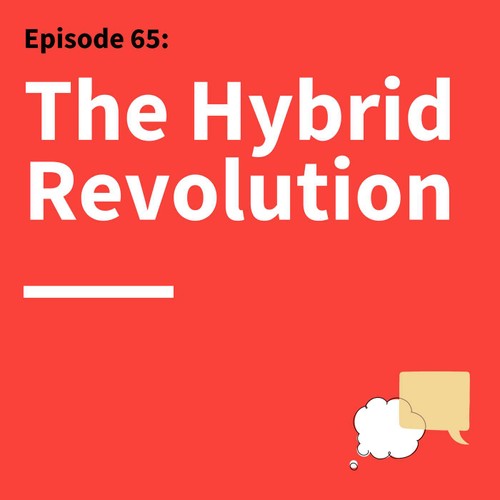
 Think Fast Talk Smart: Communication Techniques
Think Fast Talk Smart: Communication Techniques 65. Ties That Bind: Why Remote and Hybrid Teams Need the Right Connection
26 snips
Aug 16, 2022 Michael Arena, a faculty member at Penn and author of *Adaptive Space*, joins Glenn Carroll, Adams Distinguished Professor at Stanford GSB, to discuss the evolving dynamics of remote and hybrid teams. They explore how innovation hinges on adaptable connections in a post-pandemic world. The conversation dives into the significance of authentic communication, the effects of virtual interactions on relationships, and strategies for enhancing team productivity. They emphasize the need for experimentation and structured frameworks to maintain creativity and engagement in the workplace.
AI Snips
Chapters
Books
Transcript
Episode notes
Innovation in a Hybrid World
- The pandemic shifted work to virtual and hybrid models, unexpectedly increasing productivity.
- This raised questions about long-term innovation, which requires different connection types than productivity.
Video Game Delays
- Video game launch delays increased fourfold during the pandemic's peak.
- This highlighted potential issues with idea generation, integration, and scaling in virtual work.
Stages of Innovation
- Innovation involves three stages: ideation, incubation, and scaling.
- Ideation involves brainstorming, incubation involves testing and refining, and scaling involves full implementation.




